In a rare and perplexing case, a 20-year-old Chinese man from Jiangsu province has been diagnosed with delusional love disorder, shedding light on a condition that challenges perceptions of reality and relationships.
Identified by his surname, Liu, the second-year university student exhibited troubling symptoms, firmly convinced that all his female classmates harbored romantic feelings for him. This disorder led to unsettling behaviors, but with medical intervention, Liu is now on the path to recovery.
Symptoms of Delusional Love Disorder:
Liu’s ordeal began in February when he started displaying signs of delusional love disorder. His belief that every female peer admired him romantically escalated to the point where he approached them with unwelcome advances, misinterpreting their refusals as mere shyness.
Dr. Lu Zhenjiao, from Huai’an No. 3 People’s Hospital, recounted Liu’s audacious claims of being the most attractive individual in his university, illustrating the severity of his delusions. However, these delusions brought distress to those around him, prompting concerns about his well-being.
Behavioral Changes and Medical Intervention:
As Liu’s condition worsened, his behavior became increasingly erratic. He exhibited excitement, insomnia, and financial irresponsibility, indicating a significant departure from his usual demeanor. Recognizing the urgency of the situation, Liu was admitted to the hospital, where doctors diagnosed him with delusional love disorder.
This psychiatric condition, often observed during the transitional period between March and April, is attributed to fluctuations in endocrine levels exacerbated by seasonal changes.
Understanding the Disorder:
Dr. Lu emphasized the importance of recognizing even mild symptoms of delusional love disorder, as they can escalate to more severe manifestations, including aggression and violence.
The condition, while rare, underscores the intricate interplay between hormonal imbalances and psychological well-being. Individuals afflicted by this disorder may experience hyperactivity, sleep disturbances, and even sexual compulsions, necessitating prompt medical intervention and psychotherapy.
Treatment and Recovery:
Fortunately, Liu’s case was identified early, allowing for prompt intervention. He is currently undergoing a regimen of medication and psychotherapy aimed at addressing his delusions and restoring cognitive stability. Despite the challenges posed by delusional love disorder, Liu’s prognosis is optimistic, highlighting the effectiveness of comprehensive treatment approaches in managing psychiatric conditions.
Conclusion:
Liu’s journey serves as a poignant reminder of the complexities inherent in mental health disorders, particularly those involving distorted perceptions of reality and interpersonal relationships.
Through diligent medical care and unwavering support, individuals like Liu can navigate the challenges posed by delusional love disorder and reclaim control over their lives. As awareness of such conditions grows, so too does the hope for improved outcomes and enhanced quality of life for those affected.
In summary, Liu’s case underscores the importance of early intervention and comprehensive treatment in addressing delusional love disorder, offering valuable insights into a condition that continues to intrigue and confound medical professionals worldwide.

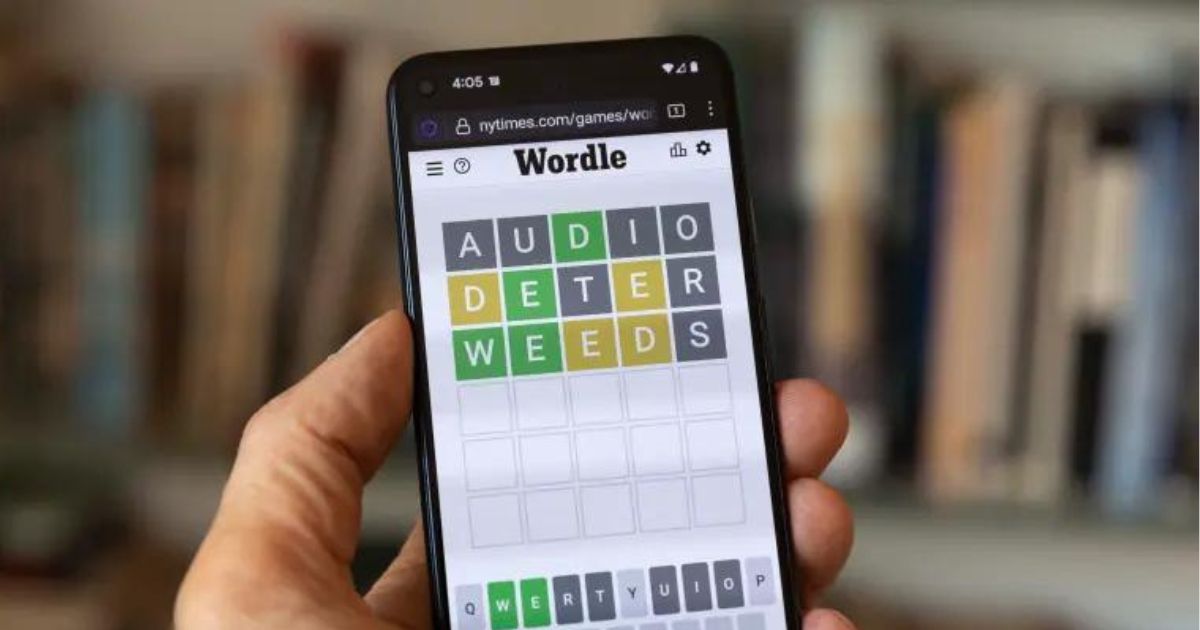
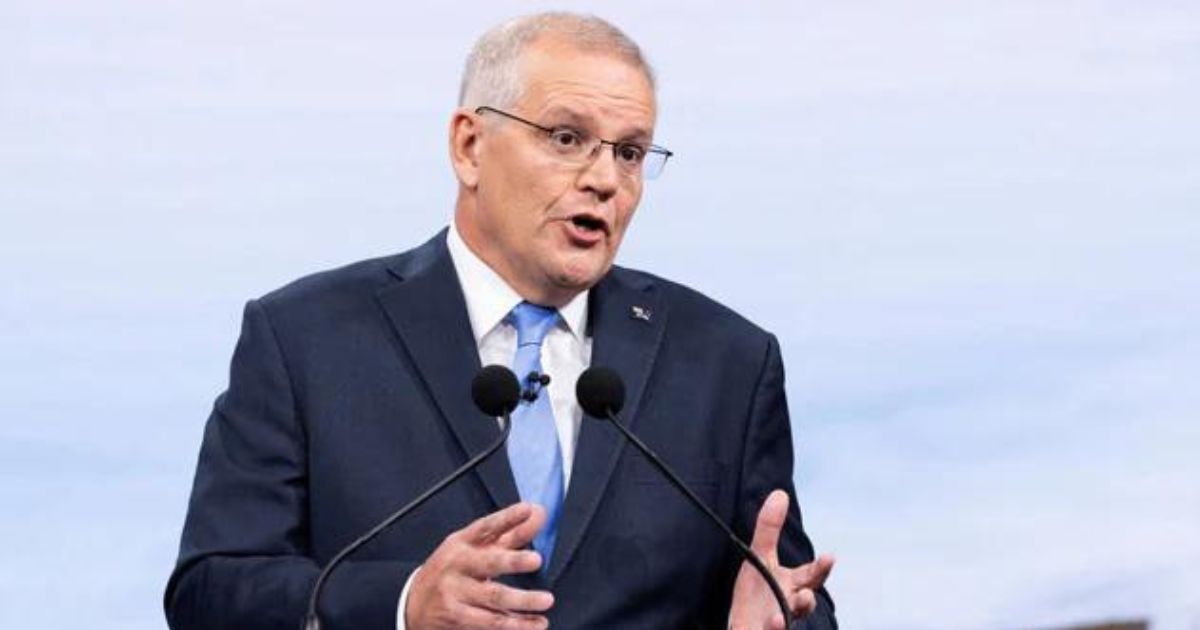

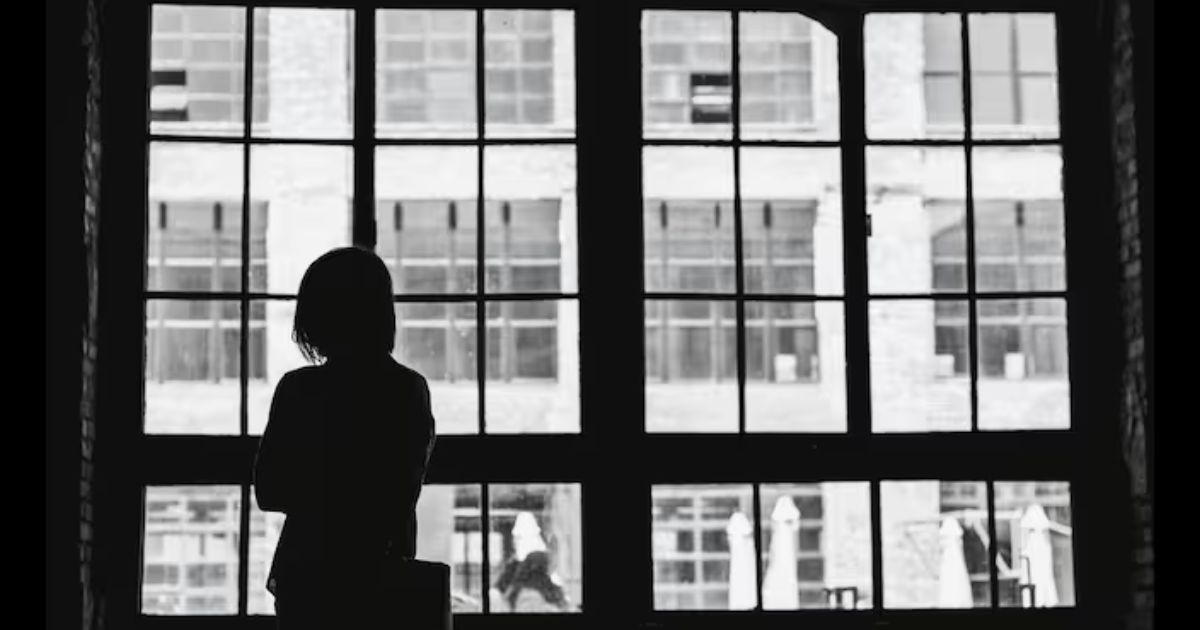
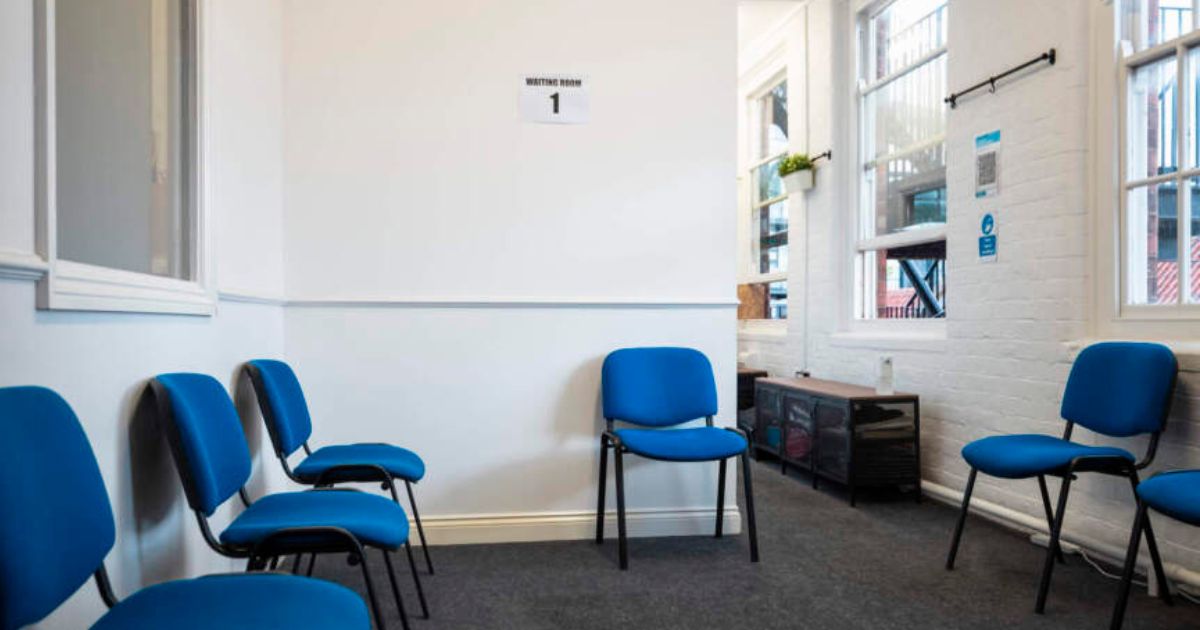
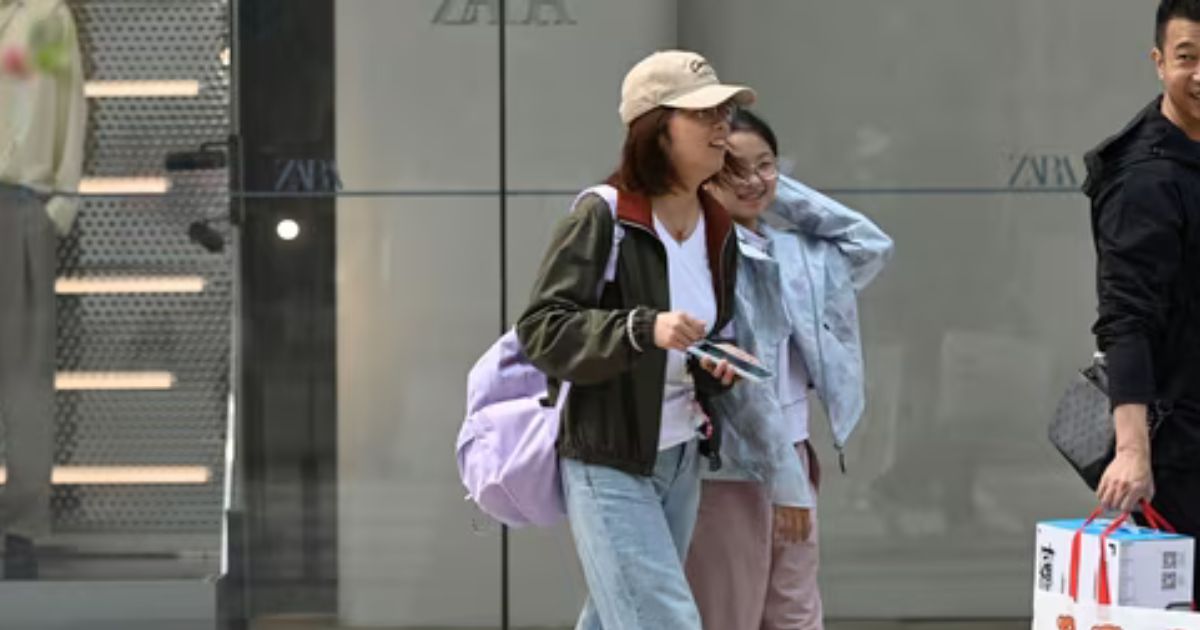

Leave a Reply
You must be logged in to post a comment.